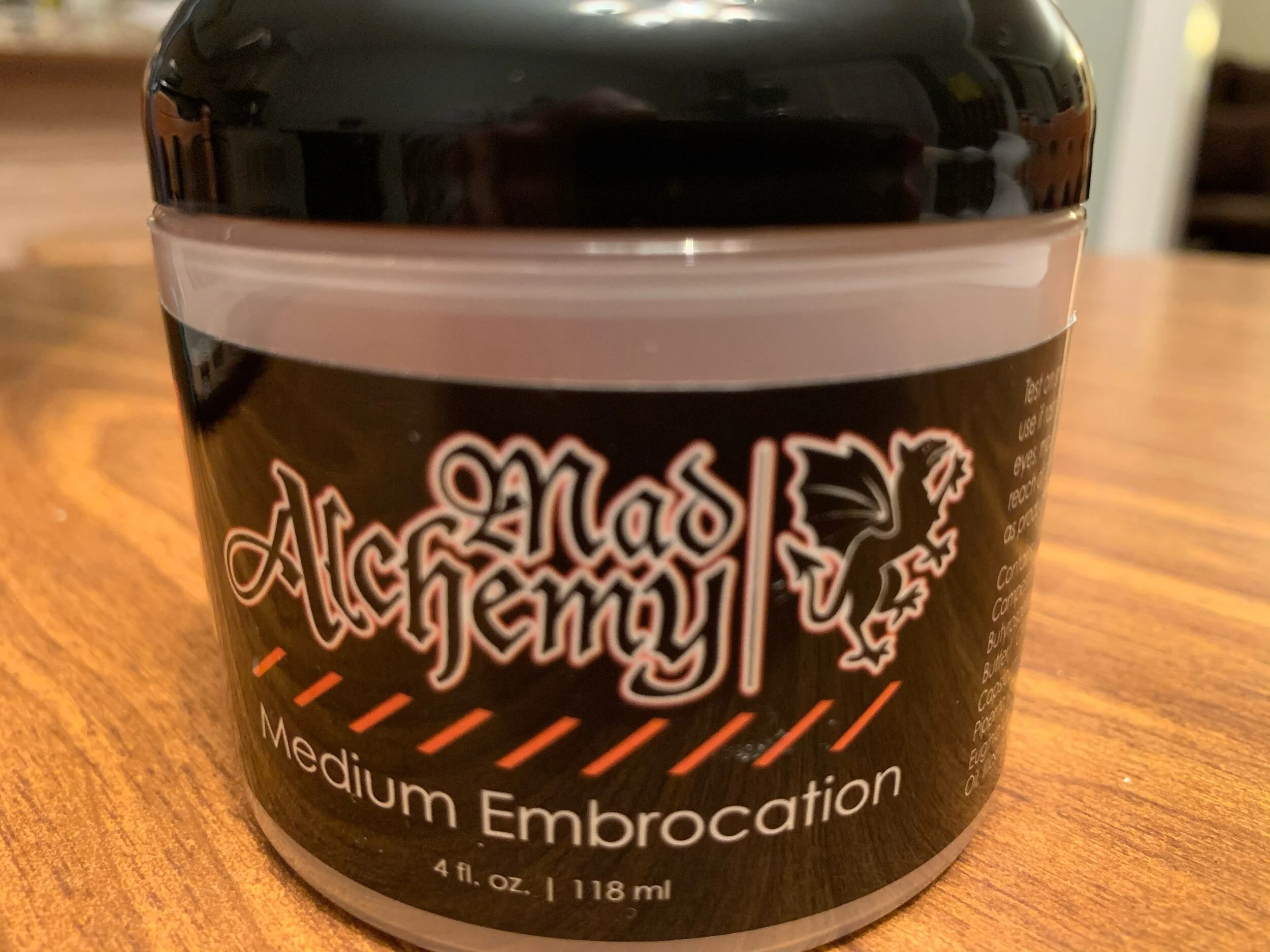Essay: On the Importance of First Aid Training
(2020) The importance of First Aid Training are undeniable. Given the propensity of riders to hit the deck - to put it kindly - there is an elevated chance to encounter a first aid situation at least once in our career. Yet many times we have played the mental game on group rides to wonder who might be certified to help us out if a medical emergency happens.
The topic reared up again this past weekend when a rider from our area went down crossing a steel bridge. Those surfaces are akin to cheese graters. I don’t blame cyclists for considering to not ride across them. Anyone knows we will sarcastically thank the short-sighted Pennsylvania Department of Transportation (PennDOT) for the needless increase in obstacles around here, steel grated bridges included. But I digress. The rider in focus was ultimately ok, save for severe skin lacerations.
We have been on rides when freakish accidents have occured. While we weren’t on the ride involving the rider crashing on the bridge, we were on a steep descent on a rural road as a group when a deer took out one of our riders. Despite the rider having ‘only’ severe road rash and a compressed helmet, we shudder to think what more could have happened. It took paramedics the better part of an hour to arrive and cell service was unreliable. How prepared would we have been to perform first aid? Another rider from our town suffered a cardiac event during a race. Three examples of serious medical circumstances all in the last five years of riding.
Luckily we have been certified in Cardiopulmonary Resuscitation (CPR), Automated External Defibrillator (AED), and first aid for over a decade. It comes with the full time job. But how many cyclists would know what to do (or even where to look) if a rider suddenly went to the ground and forced a triage situation? We have suggested to several accessory companies to offer a medical kit cycling wallet, complete with instructions for CPR or AEDs (in case one can be located on a ride). None have produced a suitable unit, let alone proposals for an idea.
The statistics from the American Heart Association are attention grabbing. According to cpr.heart.org nearly half a million Americans die from cardiac arrest, of that number approximately 70% occur outside a hospital. A 2014 statistic stated 45% of patients survived when a bystander administered CPR. No doubt the number could be higher if more people were trained to recognize and implement CPR. Furthermore, CPR is an aggressive maneuver. Those untrained in the resuscitation could fall short of adequate care until EMTs arrive. To be blunt: If one performed CPR correctly, ribs would likely be broken. On the flipside a staggering 66% of the workers in the hospitality industry cannot locate an AED. Though our hobby exists out-of-doors, having a first aid frame of mind could help us locate an AED in an emergency. Places such as hotels, malls, or even, in our case, electric company trucks all have AEDs for use.
Road cycling can be a great way to stifle work stress or get the legs moving after a long trip. Of the hobbies we name, cycling is prominent on risk. We have to worry about distracted drivers, being an exposed operator, potential high speed accidents, and, with cyclists riding throughout their lives, unforeseen health concerns. Years ago, a hockey accident led to a law that required a sport trainer on duty at every hockey rink in Massachusetts. While that might be a bit much to implement toward each group ride, it would be nice to scan the participants and think the opposite of, “Who here doesn’t know chest compressions?” That would remove a little bit of stress from the gathering.
Online CPR classes can be found by clicking here. Check with your employer. The cost of certification may be covered by your workplace.




